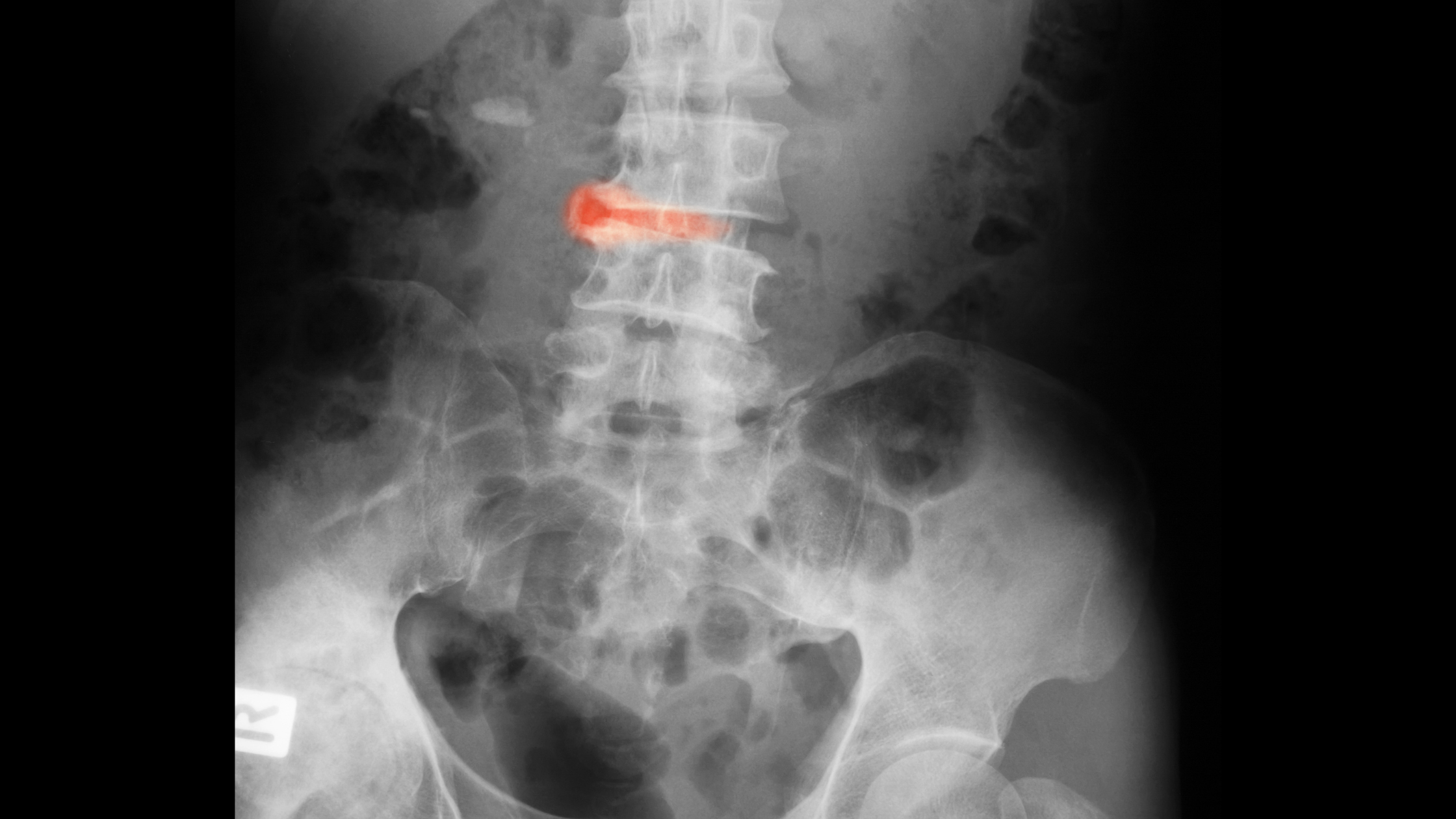Back pain is a common issue that many people struggle with on a daily basis. The back is an intricate part of the body that consists of many muscles, fibers, and bones. When these get out of whack, that can cause back pain.
The lower back back is extremely load bearing, meaning it holds a majority of our weight all day. Having weaker back muscles and poor posture can increase the risk for developing back pain, especially with poor posture.
Back pain can interrupt a majority of the day, making activities like walking, playing and sleeping much more challenging. Exercise and stretching are the best methods for attending to back pain, yet back pain can make doing all of these activities nearly impossible.
Sleep is another aspect of life that back pain negatively impacts. Pain disrupts sleep, and poor sleep can make pain worse. Also, sleeping in a position that doesn't support the back, or on a mattress with poor support can worsen lower back pain.
If you understand the relationship between sleep and back pain, then you may be able to better address both sleep and back pain issues at once. Continue reading to learn more about this complex relationship.










